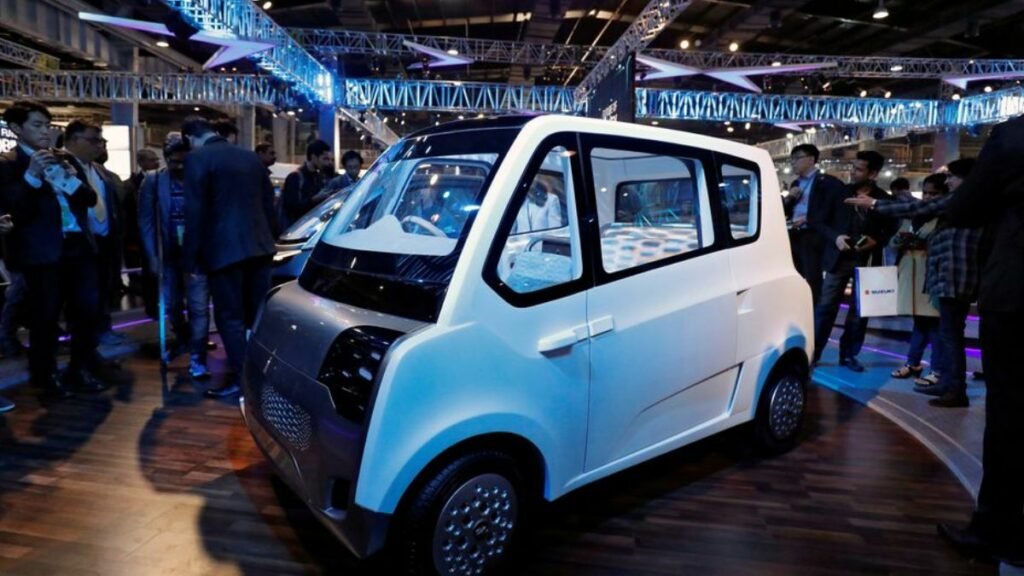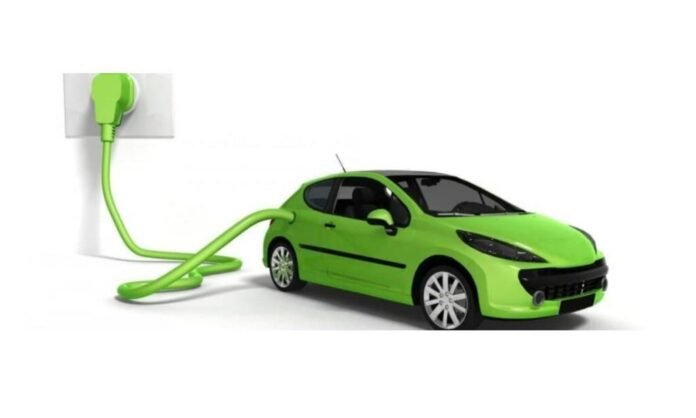According to reports on Tuesday, the Society of Manufacturers of Electric Vehicles (SMEV) has asked for an extension of EV subsidies under the FAME-II scheme. To promote electric mobility, the industry has also sought the inclusion of light to heavy commercial vehicles.
The industry body also advocated for a uniform 5% GST on electric vehicle spare parts in its pre-Budget recommendations. According to the EV industry body, market trends indicate that e-mobility, particularly electric two-wheelers (E2W), has the potential to grow further once it reaches 20% of the total two-wheeler market.
“The validity of FAME II is set to expire on March 31, 2024. We believe FAME’s validity needs to be extended since we have yet to meet the penetration the subsidy was supposed to catalyse,” news agency PTI reported SMEV as saying in a statement. The new FAME II scheme should be linked to e-mobility conversion rather than being time-based, it added.
“The subsidy can be tapered thereafter,” it said, adding the FAME II scheme should have provisions to directly transfer the subsidy to customers.
EV sales in India have increased significantly in recent years. While 48,179 electric vehicles were sold in 2020-21, the figure rose to 2,37,811 in 2021-22 and 4,42,901 in 2022-23.

In a written reply to the Lok Sabha, Minister of Heavy Industries Mahendra Nath Pandey stated that the ministry has implemented a scheme titled ‘Faster Adoption and Manufacturing of Electric Vehicles in India Phase II’ (FAME India Phase II) to promote the adoption of electric/hybrid vehicles in the country.
Phase-II of the FAME India scheme is currently being implemented for a five-year period beginning April 1, 2019, with a total budgetary support of Rs 10,000 crore. Subsidies for 10 lakh e-two-wheelers (e-2Ws), 5 lakh e-three-wheelers (e-3Ws), 55,000 e-four-wheeler (e-4Ws) passenger cars, and 7090 e-buses are provided in this phase to support electrification of public and shared transportation.
SMEV also proposed including light commercial vehicles (LCV) and medium and heavy commercial vehicles (M&HCV) on a project-mode basis, citing the need for India to prepare for the transition to e-mobility in trucks and heavy commercial vehicles within three to four years.
Also Read:


